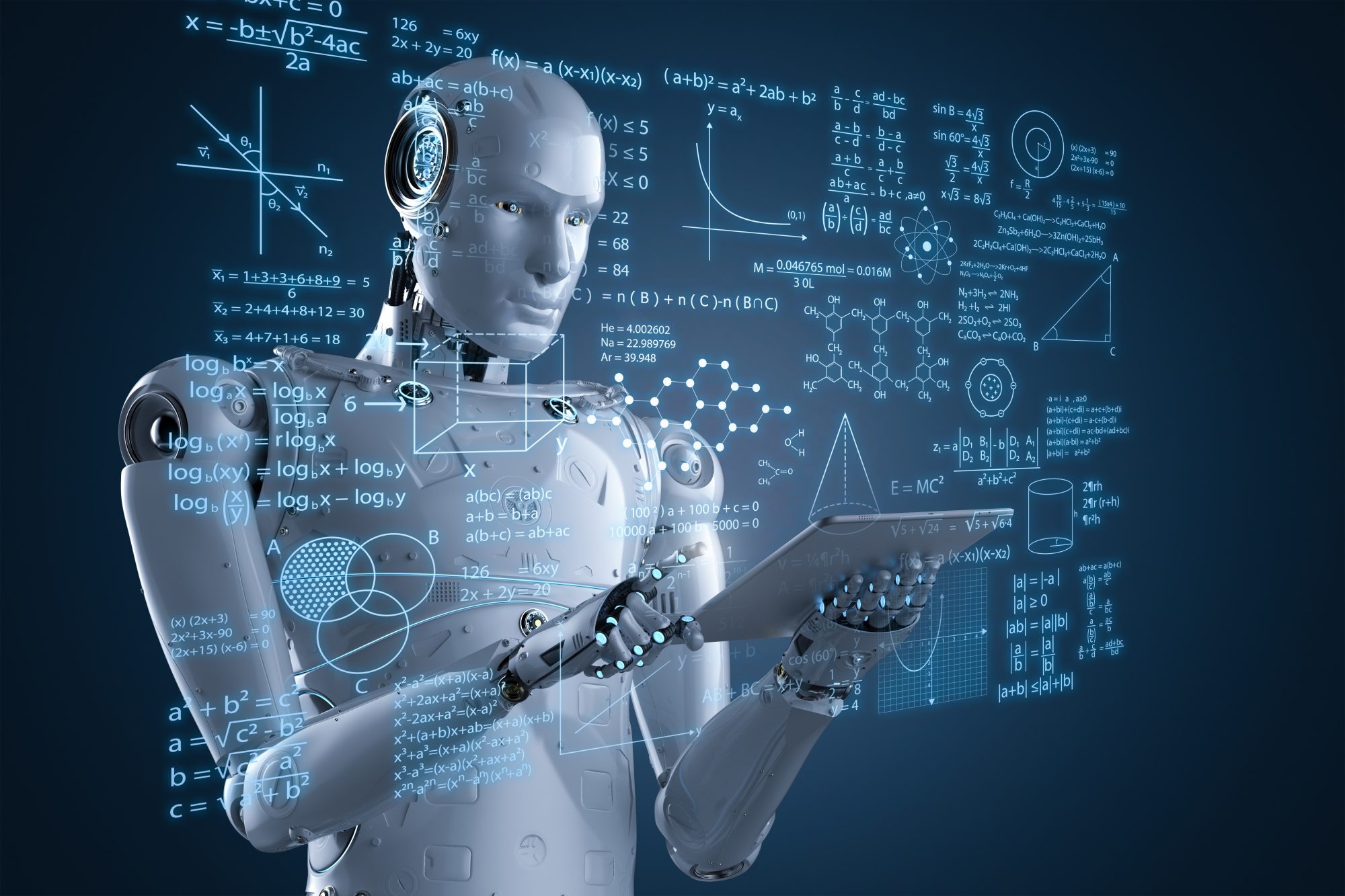What is the Impact of AI on Modern Software Development?
The basis for every technological development we encounter in our daily lives is software. Furthermore, the use of AI in software development is driving the world. You can consider Amazon’s drone deliveries or Snapshot’s augmented reality services as examples of continuous advancements in technology. The significant rise in the demand for AI development services has impacted the business’s traction toward seeking assistance from a well-reputed software development company for building modern software.
For years until now, Artificial Intelligence has been the one technology that businesses have integrated into their delivery networks. AI’s effects on software development have changed the way businesses are executing their workflows and operations.
In this write-up, we will talk about how software development and AI together can work. And what steps your business can follow to ensure the organization doesn’t fall behind in this AI era.
What is the Impact of AI in Software Development?
Artificial Intelligence (AI) has a wide range of applications in software development. It is particularly good at automating repetitive processes like data analysis, mistake detection, and code quality improvement. In addition, implementing AI in software development helps streamline workflows and reduces the customer’s churn rate.
Prototyping
The first phase of software development is prototyping, during which concepts are formed. It transforms ideas into functional models to determine their reliability. AI can greatly expedite this stage.
AI-driven solutions may generate code in several languages and platforms, expediting prototyping and minimizing human errors. Moreover, tools for rapid prototyping enable developers to make changes and produce software more quickly and effectively.
Such prototyping tools further enable developers to adjust and develop software promptly. For example, AI can recommend the best design patterns or frameworks to utilize that resonate with the project’s unique requirements. Thus, ensuring building an early prototype that is more effective and safe.
Debugging
Finding and fixing software flaws is known as debugging, and it has always taken a lot of developers’ effort for years. However, AI integration has helped in saving the overall software development time as it can automate repetitive tasks.
AI technologies use previous data analysis reports to:
- Find out which parts of the code are most likely to have issues
- Monitor coding
- Provide a few solutions
Thanks to automation, developers can focus more on addressing the more complex errors that require innovation, skills, and expertise.
Automating Coding and Software Development
AI technologies can automate regular code reviews and analyze complex codebases to facilitate and enhance code quality. Such capability contributes to overall improved efficiency and code cleanliness, making it easier for developers who might be new to the project to access the codebase.
Moreover, AI is helpful in refactoring code, or reorganizing existing code without altering its exterior behavior as the project complexity expands.
Additionally, AI software development tools can help implement a consistent coding style, ensuring coding standards are met. The development process runs more smoothly for developers because of this uniformity and reduces mental burden.
Predictive Analysis
Artificial Intelligence is also beneficial in predicting the end results of the project with a level of accuracy.
These predictions involve:
- Calculating the amount of time and resources needed.
- Locating possible challenges
- Evaluating the project feasibility
These projections make it possible to plan and allocate resources more effectively. Thus, ensuring long-term stability and dependability of software applications.
Remember that AI’s predictive abilities are not restricted to project management of the software development services you have chosen. It also helps predict user preferences and behavior which gives an idea of what new features and functionalities are to be integrated for improved performance.
Automate Testing
Testing plays a significant role in ensuring the reliability and quality standards of the delivered product. Here, AI can be leveraged for automated testing, reducing manual efforts. The tools will be effective in testing by learning from prior test cases and predicting any chances of failures that may occur if human assistance is sought.
Generate Documentation
In large-scale projects with several contributors, documentation is especially important for maintaining and scaling your software. This is though only possible if your project calls for good teamwork across the whole software development lifecycle.
Artificial intelligence speeds up the process by automating the documentation creation.
It saves time while ensuring the documentation is up-to-date. Furthermore, using AI tools can analyze the code and extract the right usage patterns. It will facilitate a quick understanding of documentation, code functionality, dependencies, and how any piece of documentation can be utilized by the developer.
Conclusion
In a nutshell, the role of AI in software development is the key to enhancing and not replacing the skills of human engineers. The combined abilities of AI and humans ensure user-centric, efficient, and security-compliant software development. Hence, there is no other choice but to extensively leverage the AI’s potential while ensuring human staff’s productivity to ensure overall project success.
Here, you can partner with a reputable AI development services company that helps utilize the resources better while ensuring productivity and automation. The offshore developers can understand the software development ideas better and leverage AI to build a solution resonating exactly to the project needs.






